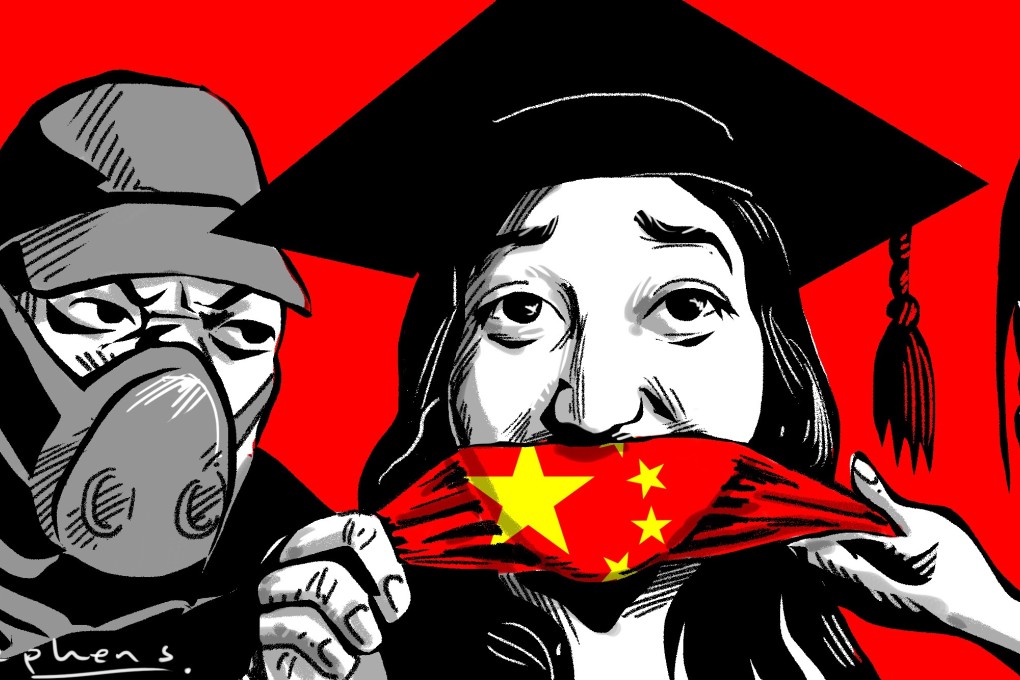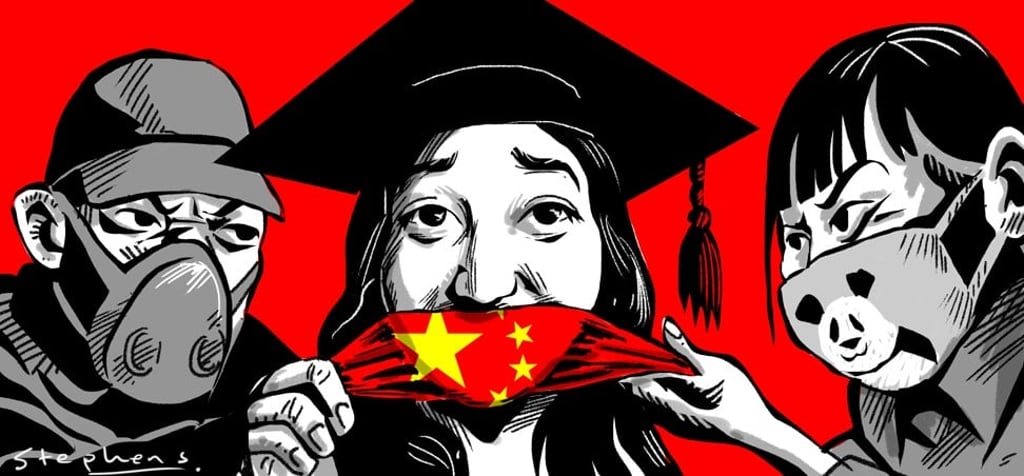How China can gain from clearing the air over freedom of speech
Audrey Jiajia Li says the backlash sparked by one young student’s graduation address cannot obscure China’s shortcomings on clean air or free speech, and airing such so-called dirty linen can only help society improve

Whenever a Chinese student gives a commencement speech at a major US college, it tends to draw tremendous interest back home, for the gratification of national pride it offers or simply as excellent English-learning material.
Recalling her delightful first impression of America’s clean air, Yang expressed her appreciation for having the freedom to speak up. That saw China’s hawkish nationalist tabloid, the Global Times, label her an unpatriotic traitor who had belittled her homeland. Communist Party mouthpiece People’s Daily also weighed in, accusing her of “bolstering negative stereotypes about China” and thus setting off a storm of online backlash and abuse.
